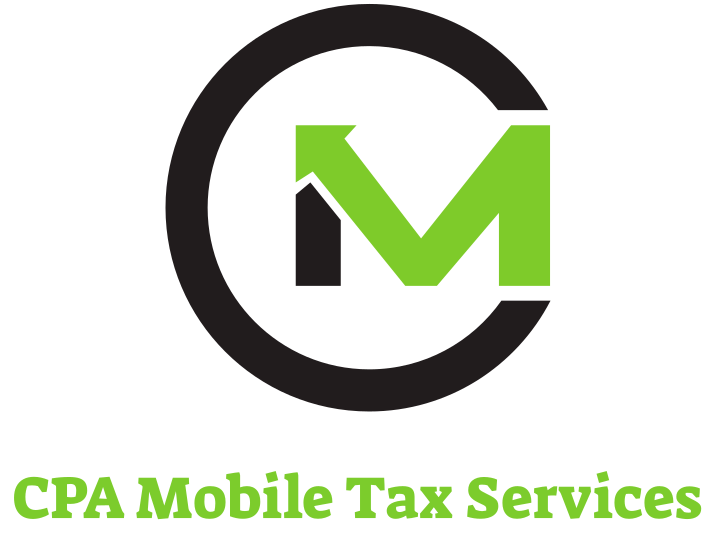If you are self-employed, it’s likely you will need to fill out an IRS Schedule C to report how much money you made or lost in your business. This form, headlined “Profit or Loss from Business (Sole Proprietorship),” must be completed and included with your income tax return if you had self-employment income. In most cases, people who fill out Schedule C will also have to fill out Schedule SE, “Self-Employment Tax.”
You use Schedule C to report profits or losses from a sole proprietorship. A sole proprietorship is any business you operate and control that is not set up as a legal business entity such as a corporation or partnership. It does not have to be a business with employees or an office, but it can. It just means you’re the boss, and there’s no one above you writing your paychecks or withholding taxes from your pay. Even if you just use your lawn mower to cut your neighbors’ grass for $10 per yard on weekends, you are running a sole proprietorship.
Important – the IRS wants to make sure self-employed individuals pay self-employment tax, i.e. – Medicare and Social Security tax on their earnings. This is the primary difference between Schedule C reporting and including these earnings as “miscellaneous income” on the tax return.
p.s. – Schedule C does not apply to income generated where the primary purpose of the activity was not to generate a profit, and/or the activity was not performed with continuity and regularity. i.e. money received for a once a year piano recital, etc. These types of earnings are reported as miscellaneous income on your tax return.
pp.’s. – Income reported to the taxpayer on Form 1099-MISC, line 7 (“Nonemployee compensation”) is more likely to be flagged by the IRS for Schedule C reporting.




